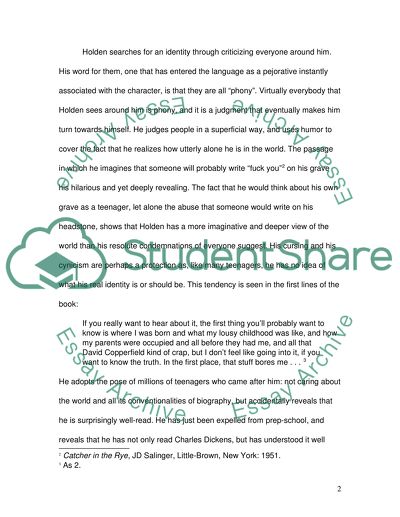Cite this document
(“The Characters Search for Identity Book Report/Review”, n.d.)
The Characters Search for Identity Book Report/Review. Retrieved from https://studentshare.org/literature/1499478-the-characters-search-for-identity
The Characters Search for Identity Book Report/Review. Retrieved from https://studentshare.org/literature/1499478-the-characters-search-for-identity
(The Characters Search for Identity Book Report/Review)
The Characters Search for Identity Book Report/Review. https://studentshare.org/literature/1499478-the-characters-search-for-identity.
The Characters Search for Identity Book Report/Review. https://studentshare.org/literature/1499478-the-characters-search-for-identity.
“The Characters Search for Identity Book Report/Review”, n.d. https://studentshare.org/literature/1499478-the-characters-search-for-identity.


